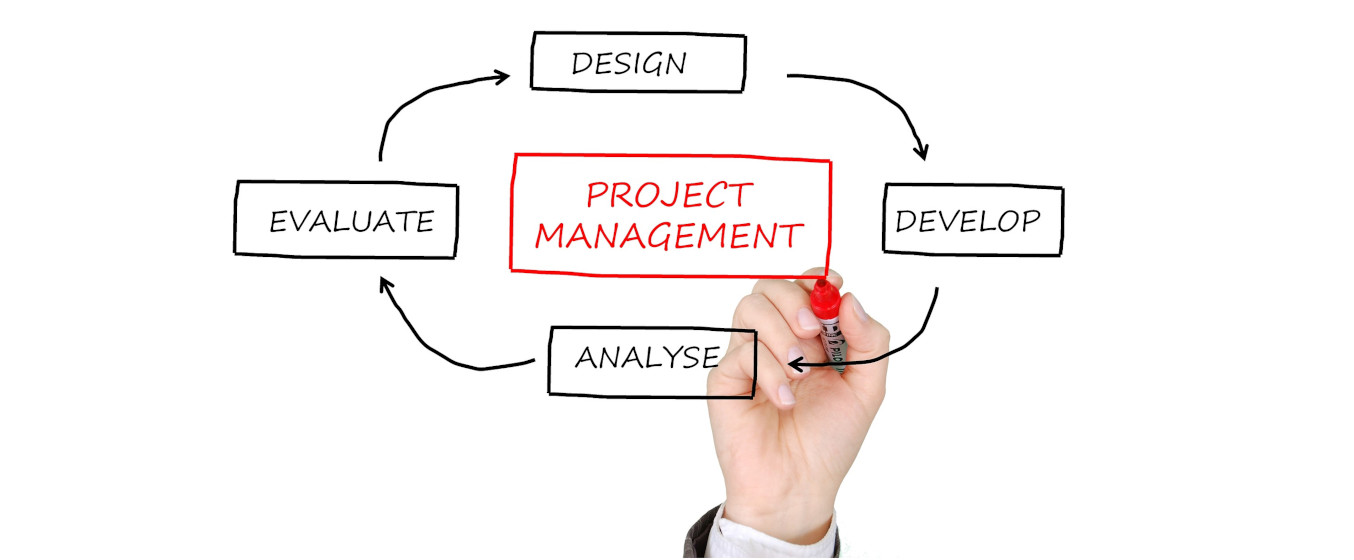Project management

The key to successfully managing any change is good project management. At Infoworks, we have several experienced project managers, who between them have successfully managed literally hundreds of projects in the charity sector.
We have also used some of that experience to design our own unique project control system, on which we manage all our clients’ new requirements and support calls. As well as being used by Infoworks staff, our clients also have access to their records on the system, so they have complete transparency on everything that we are working on for them. This massively aids communication, a key part of good project management.
We can provide project management expertise for any project you need to carry out – you don’t need to be implementing one of our systems to ask us to help you manage a project. In fact, it doesn’t even have to relate to computer systems – we can apply our project management skills to pretty much anything. For example, we have managed company mergers, office relocations, warehouse reorganisations, ISO9000 certifications, organisation-wide training schemes, and many more.
Our approach to project management follows eight basic principles:
1. Set it up right before starting.
- Identify the project “owner(s)” – who will pay for the project and make key decisions.
- Identify the project team, and their roles.
- Agree the project scope/boundaries.
- Agree the budget.
- Agree reporting and change management processes.
2. Involve the people affected by the project.
- "Buy-in" is a critical success factor, and you cannot get it without involving the people affected by the project – the more they are involved, the more it becomes “their” project.
- Staff are usually more aware of details than managers, and details are usually important!
- Good ideas can come from anyone.
3. Keep communication as simple and clear as possible.
- Keep all the information on the project in one place, where it can be easily accessed by any authorised person.
- Issue project summary reports of a size and at a frequency appropriate to the project.
4. Define the tasks to be completed, and identify the critical path.
- Involve the whole project team in drawing up and agreeing the project plan.
- For each task, identify a “worst case” and “best case” timescale, and set the planned activity at a “realistic” timescale – not over-optimistic, or over-padded with contingency, as both of these can be demotivating.
- Identify the order and dependencies of tasks, and thence the critical path – the dependent tasks with the least leeway in their deadlines. This must be regularly monitored, as the critical path can change if deadlines are not met on tasks not on the critical path to start with. (If deadlines on the critical path are not met, the whole project is can be late.)
5. Identify and monitor possible risks.
- Involve the whole project team in drawing up and agreeing a list of possible risks. This makes them more aware of the importance of managing risk right from the start.
- Try to identify possible risks all the way through the project, and take action to avoid them developing into issues wherever possible. This is a key skill of an experienced project manager, where “been there, done that, got the t-shirt, redesigned the t-shirt” can really pay off.
6. Assign clear responsibilities.
- Another key skill of a project manager is delegation. It is essential that each person in the team understands exactly what they are required to do, by when, and to what standard.
7. Monitor progress and take corrective action as required.
- This is perhaps the primary task for the project manager, requiring very strong organisation and problem-solving skills.
- All changes must be recorded and authorised as appropriate.
8. Celebrate successes!
- This doesn’t have to involve a party or champagne, but it is important to communicate and celebrate successes along the way, as well as at the final completion of the project. This is especially important on a long project, where people can feel there is a mountain to climb.
- Just saying, “Well done!” on a personal or group basis is a powerful motivator.